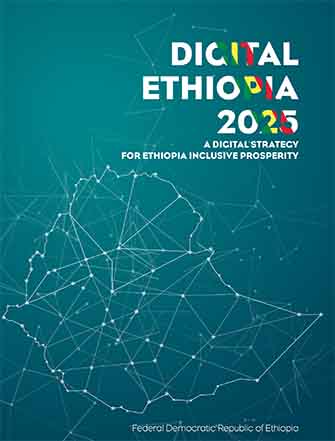In a unique initiative that will break new ground in the use of blockchain technology, which could pave the way for its more frequent deployment in a wide range of fields, the company IOHK has joined forces with the government of Ethiopia to modernize its education system. The goal is to give teachers and students digital qualifications that can be verified by blockchain. The new system will notably make it difficult to submit fraudulent applications for jobs and university places.
Using the digital records, Ethiopia’s employers will be able to identify candidates with the necessary intrinsic qualities without having to call on the services of a third party.
Going forward, the Ethiopian government will also provide teachers and students with tablet computers and access to a dedicated internet service. This will notably give students permanent access to their digital education records, making it easier for them to apply for third-level courses and jobs, and to avail themselves of social and financial services. Given that more than 80% of Ethiopia’s students live in rural areas, this will amount to a historic step forward for education in the country.
The Atala PRISM system provides a decentralized identification solution that enables people to store their personal data and to interact with organizations in a transparent, private and secure manner. Within the framework of the Digital Ethiopia 2025 project, a national blockchain based ID system will play a key role in the country’s digital transformation. The overall strategy is to transform the country by progressively digitizing sectors like agriculture, industrial production and tourism.
The growing adoption of blockchain technology has underscored its social utility, and its deployment by the Ethiopian government has highlighted the country’s awareness of the role it can play in development. Ethiopia’s geographical position, surrounded by a variety of countries with complex political situations, has made it a particularly important player in the bid to build an innovative modern Africa.

